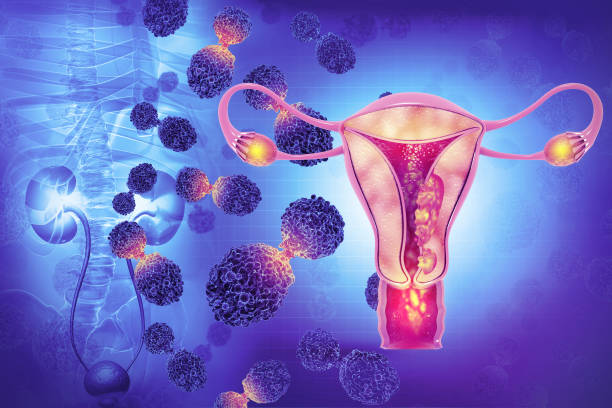Unlocking Your Fertile Power: Optimizing Your Cycle for Pregnancy or Peak Performance

HHey there! I,m Franca a medical laboratory scientist, with lots of experience in Vitro Fertilization, I have worked with best clinic where we handle such cases and I've seen countless couples embark on the exciting (and sometimes overwhelming) journey of building a family. Let's face it, trying to conceive can feel like a science experiment at times. But what if I told you there's a way to unlock your "fertile power" – not just to get pregnant, but to optimize your overall health and well-being for this incredible chapter?
Understanding Your Inner Rhythm: The Magic of Your Cycle
The foundation of fertile power lies in understanding your menstrual cycle. Think of it as your body's monthly symphony, orchestrated by a complex interplay of hormones. Throughout this cycle, your estrogen and progesterone levels rise and fall, leading to the distinct phases you experience: the follicular phase, ovulation, and the luteal phase.
Now, I know some of you might be thinking, "Okay, science lesson – but how does this help me get pregnant?" Here's the thing: by understanding these phases and tracking your cycle, you can identify your fertile window – the time when conception is most likely. It's like having a VIP pass to the baby-making party!
Tracking Your Fertile Window: Tools and Techniques
There are a couple of ways to track ovulation. One method is basal body temperature (BBT) tracking. To pinpoint your fertile window, you can track your body's natural temperature shifts. This involves taking your basal body temperature (BBT) first thing each morning and charting the subtle increase that happens after ovulation. It's a reliable method, but let's be honest, who wants to wake up at the crack of dawn every day?
Another option is using ovulation predictor kits (OPKs). These handy kits detect a surge in luteinizing hormone (LH) just before ovulation, giving you a heads-up on your fertile window. They're easy to use and readily available at most drugstores.
Let's Talk Food: Nourishing Your Body for Fertility
Now, let's move beyond the science and get real. What you put on your plate can significantly impact your fertility. Imagine your eggs as tiny athletes – they need the right fuel to perform their best!
For women, a balanced diet rich in fruits, vegetables, whole grains, and lean proteins is key. Think colorful! These foods provide essential vitamins and minerals like folic acid, iron, and omega-3 fatty acids, all crucial for egg health.
I remember a lovely couple, Mary and Donatus, who came to me after struggling to conceive for several months. We reviewed their diet, and it turned out they were relying heavily on processed foods and takeout. Once they embraced a more whole-food approach, focusing on fruits, vegetables, and healthy fats, their cycle became more regular, and within a few months, Mary was pregnant! It was a beautiful reminder of the power of good nutrition.
Men Matter Too: Supporting Sperm Health
While the spotlight often shines on the egg, sperm health plays an equally important role. Men, a healthy lifestyle can significantly improve your sperm quality. Think about keeping things cool – loose clothing and avoiding hot tubs can help maintain optimal sperm temperature. Feeling your best and getting active are great ways to support your body on its journey to motherhood!
Beyond Pregnancy: The Power of a Balanced Cycle
Even if you're not actively trying to conceive, understanding and optimizing your cycle can benefit your overall health. A regular cycle is linked to a multitude of benefits, including:
Stable energy levels:
No more unpredictable dips and crashes! A balanced cycle ensures your hormones are working together to keep you feeling energized throughout the month.Improved mood:
Hormonal changes can sometimes lead to mood swings. By understanding your cycle, you can anticipate and manage mood swings.Sharper focus:
Ever feel like your brain is on vacation during a certain time of the month? You're not alone! Hormonal shifts can impact focus and concentration. Cycle tracking can help you identify these periods and adjust your schedule accordingly.
Addressing Common Concerns and Seeking Help
Let's clear the air – there are a lot of myths and misconceptions floating around about fertility. One common one is that you need to have sex every single day to get pregnant. Not true! Focus on quality over quantity during your fertile window.
Another concern is knowing when to seek professional help. If you've been trying to conceive naturally for a year (or six months if you're over 35), it's a good idea to consult a healthcare provider. They can assess your individual situation and recommend appropriate fertility treatments, such as intrauterine insemination (IUI) or in vitro fertilization (IVF).
Remember, you're not alone! Infertility is a common challenge, affecting millions of couples worldwide.
